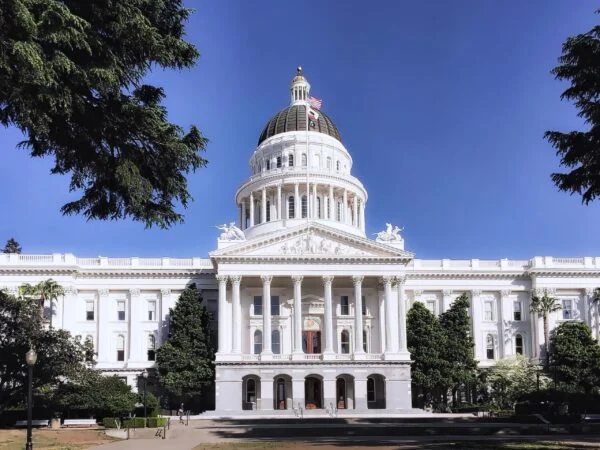
Could California Pave the Way for Reparations? Discover the Latest Legislative Moves
SACRAMENTO, Calif. — On Tuesday, California lawmakers reviewed a series of bills designed to address systemic inequality tied to the nation's historical slavery. The focus of these bills, driven by the California Reparations Task Force, is to ensure that descendants of enslaved people receive financial compensation and support to rectify past injustices.
Assemblymember Tina McKinnor's Assembly Bill 57 proposes to allocate at least 10% of funds from a home purchase assistance program specifically for individuals who meet the criteria of being descendants of enslaved individuals. "Homeownership is a cornerstone of wealth building, and this bill aims to ensure that this historically marginalized community has opportunities to close the wealth gap," said McKinnor during the committee hearing, which passed with an 8-0 vote.
The discussion also included AB 62, which seeks reparations for property seized through racially motivated eminent domain. "This bill acknowledges these injustices and works to provide pathways for redress," McKinnor asserted, highlighting the legislation's urgency and relevance.
Furthermore, the bills are complemented by Senate proposals that aim to create a Bureau for Descendants of American Slavery. This agency intends to verify lineage and help affected individuals access reparative justice programs. Senator Akilah Weber Pierson explains, "California upheld discriminatory policies that denied Black residents access to wealth and economic opportunity, resulting in persistent racial disparities today." The breadth of these initiatives suggests a comprehensive approach to reparations that seeks to address various dimensions of historical injustice.
As enthusiasm for these initiatives grows, concerns remain regarding their implementation. Critics, like Andrew Quinio from the Pacific Legal Foundation, argue that focusing reparations on lineage may be unconstitutional. "Will it be tested in the courts? Absolutely," remarked Assemblymember Ash Kalra, underscoring the likelihood of legal challenges ahead while noting that historical injustices have often faced the same scrutiny.
While California leads the charge, the broader national dialogue on reparations continues to face hurdles. Many organizations and advocates are calling for more comprehensive efforts to engage and educate the public on the complexities and importance of reparations. The California Task Force for Reparations aims to substantiate claims with thorough economic analyses of the harms inflicted upon African Americans over generations.
As California inches toward a significant reparative effort, the question remains: Can this state create a template for reconciliation that the rest of the nation will follow? With discussions intensifying, it is clear that the journey toward reparations is a multifaceted and challenging undertaking—a "heavy lift," as noted by many advocates.
As California embarks on this historic pathway toward acknowledging and rectifying past injustices, the voices of descendants and advocates will shape the outcome. Will these legislative measures succeed in creating meaningful change, or will they face insurmountable challenges? We invite you to share your thoughts on this pivotal issue in the comments below.